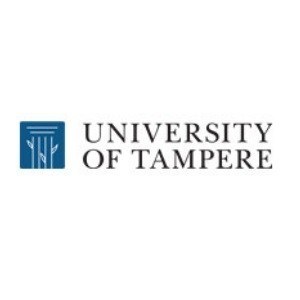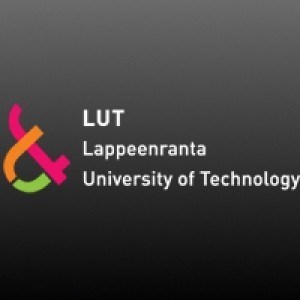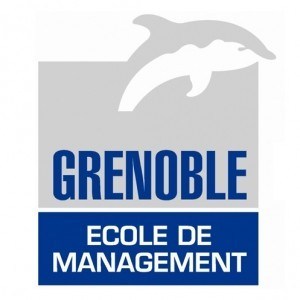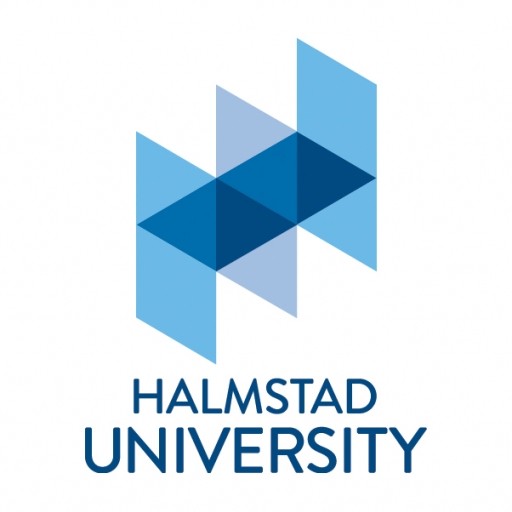Photos of university
The Master's Degree Programme in Software Engineering and Business Informatics at Tampere University is a comprehensive and innovative educational path designed to equip students with advanced skills and knowledge in software development, information systems, and business digital transformation. This program is ideal for individuals aiming to become experts in designing, developing, and managing complex software solutions that meet the needs of modern organizations. Throughout the programme, students explore core topics such as software engineering principles, software project management, system analysis, and design, as well as business processes, data management, and digital innovation strategies. The curriculum integrates theoretical foundations with practical applications, ensuring graduates are prepared to tackle real-world challenges in the rapidly evolving digital economy. Students have the opportunity to specialize in areas like software architecture, user experience design, data analytics, and enterprise systems, enabling them to tailor their expertise to their career aspirations. The programme emphasizes teamwork, problem-solving, and the utilization of cutting-edge technologies, fostering a collaborative learning environment. Tampere University’s strong industry connections mean students can benefit from internships, collaborative projects, and guest lectures from leading companies in the IT sector. Graduates of this programme acquire both technical proficiency and a strategic understanding of how innovative software solutions can drive business success, making them highly competitive in the global job market. The programme is delivered in English and includes a diverse student community, promoting international cooperation and cultural exchange. Graduates are well-equipped to pursue careers in software development, consultancy, systems analysis, project management, or to continue with doctoral studies. With a focus on sustainable digitalization and ethical considerations, the programme prepares students to contribute responsibly to the evolving digital landscape.
The Bachelor’s Degree Programme in Software Development at Tampere University offers students a comprehensive education in the design, implementation, and maintenance of software systems. The program emphasizes practical skills, theoretical knowledge, and innovative thinking to prepare graduates for the rapidly evolving field of software engineering. Throughout the course, students delve into core topics such as programming languages, software architecture, algorithms, and data structures, gaining a solid foundation necessary for developing robust and efficient software solutions.
In addition to technical skills, the program focuses on essential competencies like teamwork, project management, and communication, which are critical in professional software development environments. Students are encouraged to participate in group projects, internships, and collaborative research activities that simulate real-world scenarios and foster problem-solving abilities. The curriculum incorporates modern methodologies such as Agile development, DevOps practices, and user-centered design, reflecting current industry standards and trends.
The program also offers specializations and elective courses that allow students to tailor their education according to their interests and career goals. Options include web and mobile app development, embedded systems, cybersecurity, and cloud computing. This flexibility ensures graduates are well-equipped to work in various sectors, including technology companies, startups, research institutions, and public organizations.
Tampere University’s strong ties to the industry and innovative research environment provide students with valuable networking opportunities and access to cutting-edge projects. The program encourages participation in hackathons, coding competitions, and industry events to enhance practical experience and professional growth. Additionally, students have the opportunity to engage in international exchange programs, gaining global perspectives and intercultural skills.
Graduates of the Software Development program are highly sought after for their technical expertise, problem-solving skills, and adaptability. They are prepared to take on roles such as software developers, system analysts, quality assurance specialists, and project managers. With the rapid technological advancements in software engineering, Tampere University’s program aims to produce skilled professionals who can contribute to technological innovation and digital transformation worldwide.
Degree programme requirements at Tampere University for Software Development typically include a combination of mandatory courses, elective courses, a thesis, and practical training. The core curriculum emphasizes software engineering principles, programming skills, systems development, and project management. Students are expected to complete foundational courses in programming (such as object-oriented programming, algorithms, and data structures), software design, and development environments early in the programme. Advanced courses cover topics like web and mobile application development, cloud computing, cybersecurity, and software testing. Practical skills are reinforced through project work, often conducted in collaboration with industry partners, which simulates real-world software development processes.
The programme also mandates participation in internships or industry projects, providing students with practical experience and networking opportunities. A significant element of the degree is the Master’s thesis, which involves independent research and development work on a topic within software development, demonstrating the student’s capability to apply learned concepts to real problems. Language requirements typically include proficiency in English, with proof provided through standardized tests or prior education in English-language programmes.
Admission requirements for prospective students usually include a relevant bachelor’s degree, such as in computer science, information technology, or a related field, along with supporting materials like motivation letters and CVs. The total workload for the programme is designed to adhere to the standards set by the Finnish higher education system, spanning approximately two years of full-time study. To graduate, students must accumulate a certain number of ECTS credits—usually around 120—covering coursework, practical training, and the thesis. Successful completion of all these components ensures that graduates possess both theoretical knowledge and practical skills needed for a career in software development or to pursue doctoral studies.
The financing of the Software Development master's programme at Tampere University is primarily structured around a combination of tuition fees, government funding, and scholarship opportunities. For non-European Union (EU) and non-European Economic Area (EEA) students, tuition fees apply, which are set according to the programmes' regulations and can vary depending on the year of study. These students are required to pay tuition fees, which contribute to the university’s operational costs, including instruction, infrastructure, and student services. Tampere University offers a range of scholarship opportunities targeted at international students to support their studies financially, including tuition fee waivers and partial scholarships, which are awarded based on academic merit and other criteria.
EU/EEA students generally do not pay tuition fees for the master's programmes, including Software Development, as per Finnish regulations. However, students are responsible for their living expenses, which include accommodation, transportation, healthcare, and daily expenses. Finnish government funding for higher education supports university operations largely through state allocations, which help maintain quality education and research activities. International students can also explore external funding options such as scholarships from their home countries, educational grants, or private sponsorships to supplement their funding.
Tampere University itself invests significantly in developing comprehensive support for students in financing their studies, including guidance on applying for various grants and scholarships. Financial planning is encouraged early in the studies to ensure students can cover all essential expenses throughout their academic journey. Overall, the financing strategy for the Software Development programme combines institutional support, government funding mechanisms, and individual student contributions, creating a balanced financial environment aimed at fostering high-quality education and research.
The Bachelor's Degree Programme in Software Engineering at Tampere University offers students a comprehensive education in the field of software development, focusing on both theoretical foundations and practical skills. The program aims to prepare graduates for various careers within the IT industry, including software development, system analysis, project management, and research roles. The curriculum is designed to equip students with a solid understanding of programming languages, software design, and development processes, as well as an insight into current trends and innovations in the digital technology landscape. Students have the opportunity to learn about web and mobile application development, embedded systems, cloud computing, and data management, among other areas. Emphasis is placed on problem-solving, teamwork, and communication skills, essential for working in multidisciplinary environments. The program also encourages students to participate in internships and project work, fostering industry connections and practical experience. Tampere University promotes a collaborative learning environment with access to modern labs, research facilities, and digital resources. Graduates are well-prepared to enter the workforce directly or continue their studies in master's programs, specializing further in areas like data science, cybersecurity, or software engineering. The program is taught in English, allowing international students to join and preparing all students for working in global markets. By integrating research and innovation into its curriculum, Tampere University ensures its students are at the forefront of technological development.










